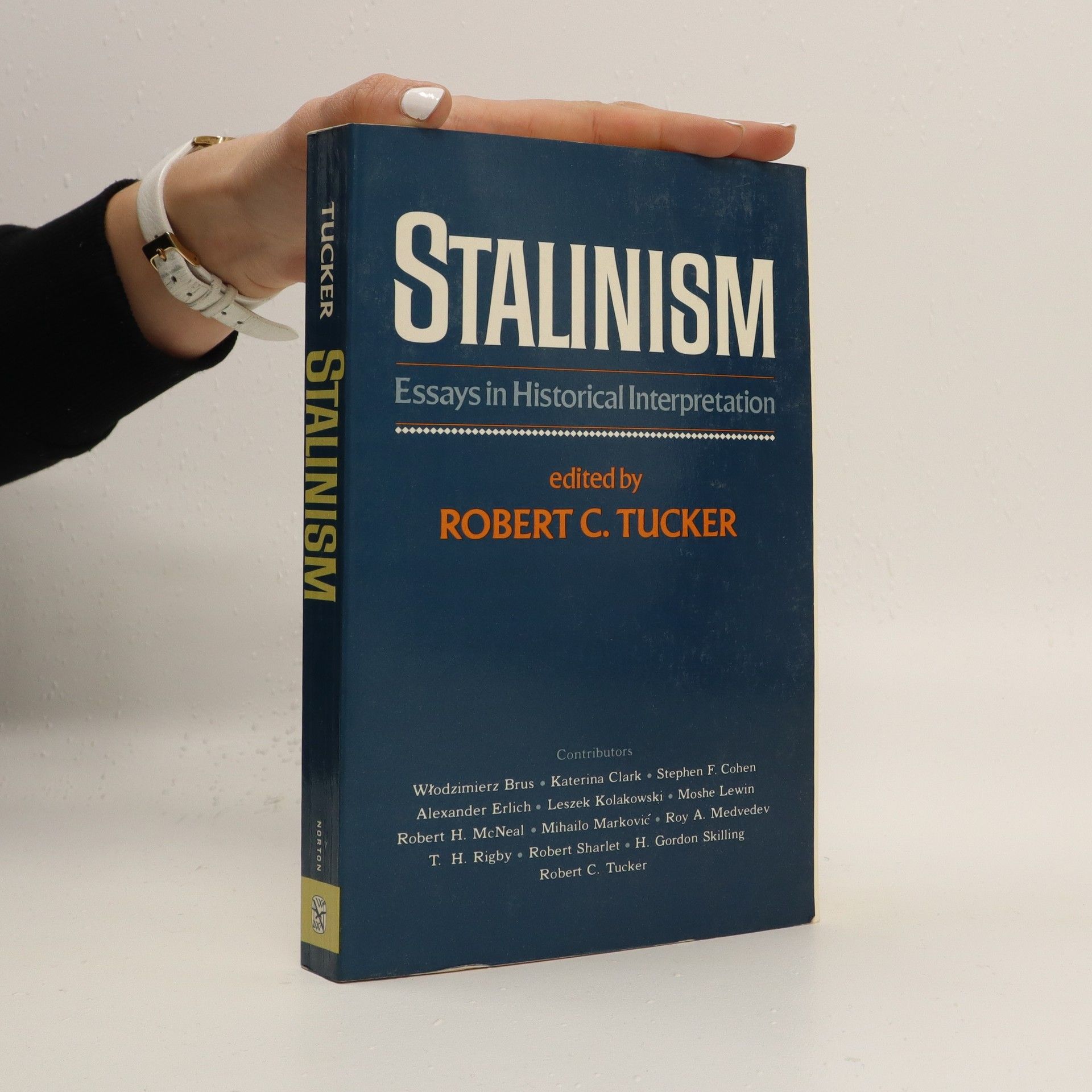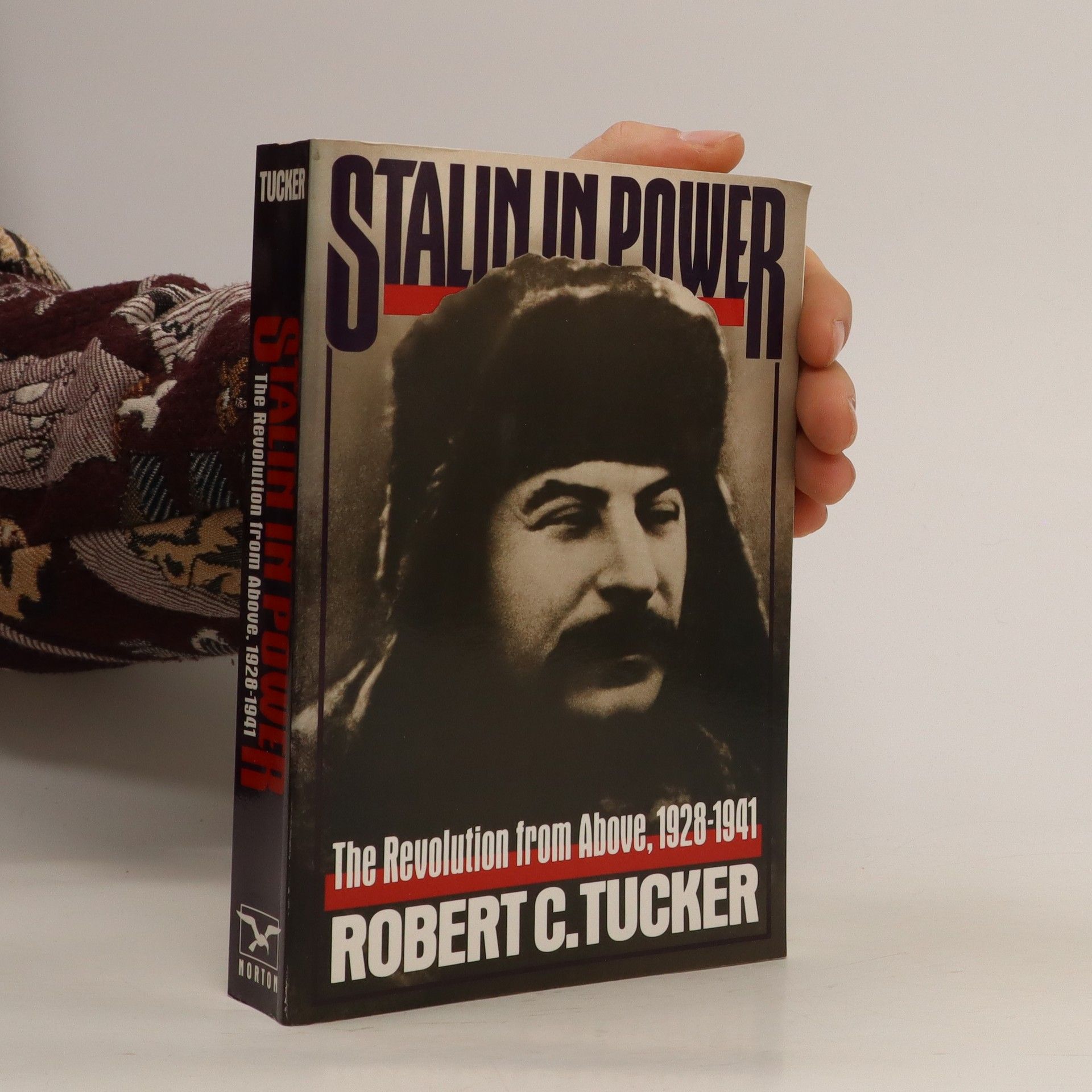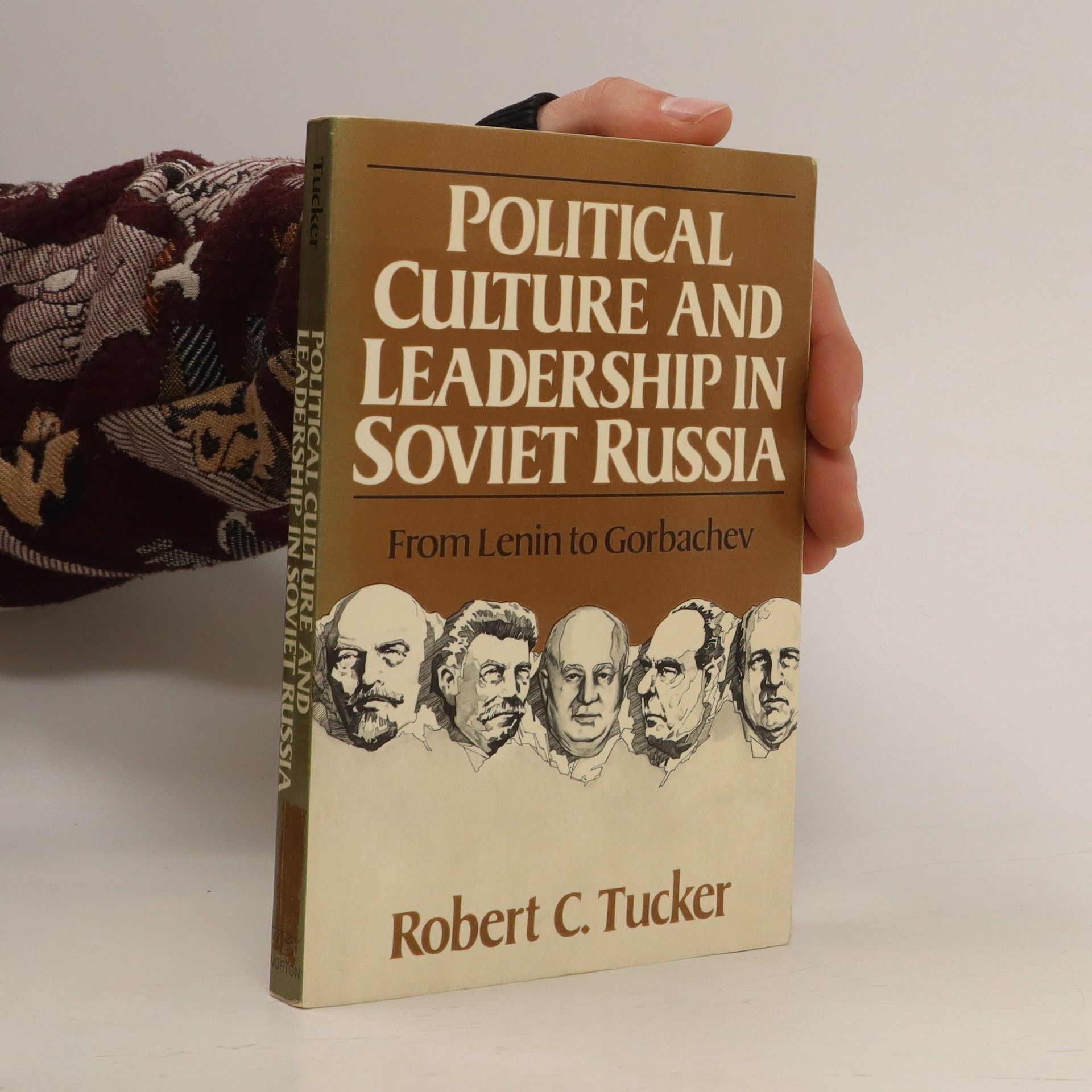Looks at cultural changes in Russia, analyzes culture in social movements, and suggests possible results of Gorbachev's reforms
Robert C. Tucker Livres
Robert Tucker fut un érudit du marxisme et de l'Union soviétique dont les études furent profondément façonnées par l'expérience personnelle. Après son passage à Harvard, son travail de traducteur pour l'ambassade américaine à Moscou influença profondément son parcours académique, notamment son incapacité à obtenir un visa de sortie pour sa future épouse à son retour aux États-Unis. Cette expérience cruciale stimula ses recherches continues sur les idéologies et les figures historiques de l'époque. Tucker a écrit de nombreux livres sur le marxisme et le stalinisme, notamment une biographie en deux volumes de Joseph Staline qui employait une perspective psychologique pour expliquer comment Staline a acquis et exercé le pouvoir.







Stalin In Power
- 728pages
- 26 heures de lecture
Explains the motivations, personality, and actions of the man under whose rulership millions of Russians perished.
Stalinism : essays in historical interpretation
- 332pages
- 12 heures de lecture
Product Description: In the years since Stalin's death, his profound influence upon the historical development of Communism has remained elusive and in need of interpretation. Stalinism, as his system has become known, is a phenomenon that embraced all facets of political and social life. While its effect upon Russia and other nations today is far less than it was while Stalin lived, it is by no means dead.
Stalin jako revolucionář. 1879-1929
- 462pages
- 17 heures de lecture
Přestože kniha je biografií, tak autor v ní sleduje něco, co je jen dílčí součástí biografie: setkání osobnosti s veřejným světem politiky, když autor v knize spíše objasňuje vazbu mezi životem a dějinami. A na základě tohoto vztahu v životě člověka, který se v pozdějších letech stal tím nejabsolutnějším vládcem, jakého kdy bylo možné spatřit v nějakém obrovském státě moderní doby, by se kniha dala charakterizovat jako studie o utváření diktátora a předpokladů, které k jeho diktátorství vedly. Poutavé vyprávění a brilantní výklad prvních let života Stalina a jeho vývoj coby bolševického vůdce do roku 1929, kdy se ocitl na vrcholu moci.
Kniha zkoumá nejzajímavější období Stalinova života, éta 1928–1941, tedy éru, v níž sovětský diktátor dovršil budování impéria své osobní moci a mohl se projevovat jako absolutistický vládce. Třebaže některé Stalinovy činy se zdají být nepochopitelně kruté a zdánlivě nelogické, autor se snaží nalézt motivy a příčiny, které k takovému jednání vedly a snaží se je objasnit mimo jiné i na základě poznatku moderní psychologie.... celý text